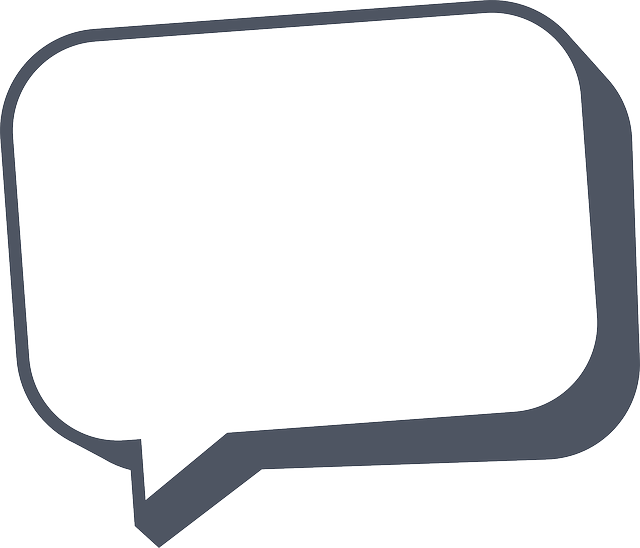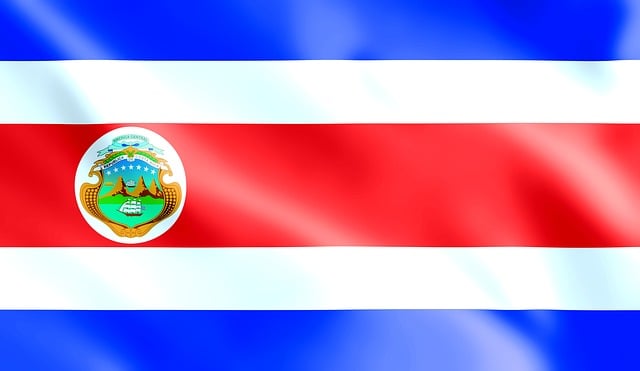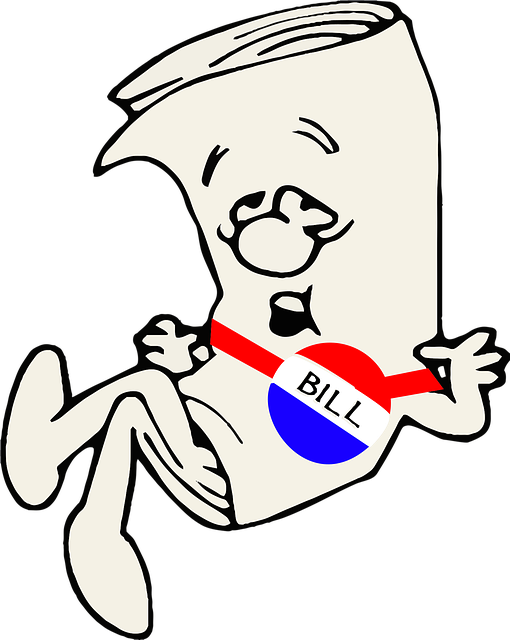Tomorrow at 8:30 a.m. I’ll be having a telemedicine call with the medical folks who will be assisting with my surgery on June 9th.
I have to login 15 minutes early to be sure everything is working well.
(It sure beats driving to Seattle for this at that time of the morning! It would be a nightmare trying to get there during rush hour from Tacoma.)
Two days before the surgery, I will have to drive up for a COVID test, but not early in the morning. I can drive up after rush hour ends, because I don’t need to be there until 10:25 on June 7th.
I won’t know my surgery time or parking location (Triangle Parking or Surgery Parking) until the day before surgery (or two days before, maximum). That makes me a little nervous because I’d like to take a dry run if it’ll be the Surgery Lot (I’ve been to the Triangle Lot and know where it is), but they’re both close together on the same street, so it isn’t absolutely necessary.
I hope surgery will be early in the day for three reasons: the surgeon and assistants will be fresh and well-rested; I’ll have longer to recover in the hospital afterward (I’ll be staying overnight), and Lisa will be able (and willing) to head home earlier than she will if it happens in the afternoon.
She refuses to just drop me off and leave. She wants to stay the whole time, but she’ll fret if I don’t come out the minute I’m supposed to. (She’s a mother hen.) All three times she has taken me for procedures (colonoscopy, gallbladder surgery, and chest masculinization surgery) she has been very fret-ty while I was unconscious. (*awwwwww*)
As for me, I go into surgery like someone going to the theater, more or less (usually). I don’t fret or stew about it. There’s not much point in fretting about worst case scenarios when, in most cases, the worst is nowhere near what I end up experiencing! But I know if I was the one waiting in the waiting room, I’d be experiencing something similar. (Been there and done that, thank you very much!) It’s easier to go through something, usually, than it is to be a bystander going through it with someone.
I know that’s true for me. Since we can’t be inside another person, or protect them from unpleasantness, we imagine all sorts of dastardly things, if we’re at all empathetic — and Lisa is. Seeing the carcass of an animal on the side of a road devastates her. Hearing a siren always elicits the response, “Somebody is have a terrible day…”
She’s a gem to have as a best friend, but I hate putting her though my surgeries because I know how deeply it affects her. My surgeries are always harder on her than they are on me.
These two most recent ones (chest masculinization last August and panniculectomy on June 9th) are ones I look forward to with great anticipation. Being freed from my enormous apron of hanging skin and my chest surgery will help me feel better about my appearance. I look forward to going shirtless by August (as long as I keep my newest scars covered–new scars aren’t supposed to be exposed to much sunlight for at least a year, I’ve read).
So, these aren’t unwanted surgeries in the way some surgeries can be (to remove cancerous organs, ovaries, wombs, etc.). They are procedures I’m looking forward to having well behind me — the farther behind me, the better — which is why I was so happy to hear they could do this one in June instead of August. I will be back on my bike long before August, this way, and have a lot of the summer and fall ahead of me for biking and pickling and other activities before winter weather sets in…
So, let’s get this show on the road shall we?
I have a consultation with the anticoagulation clinic in early June, too. They’re going to tell me when to come off Warfarin prior to surgery. Last time, it was five full days, and they didn’t have me do bridge therapy between when I came off Warfarin and my chest surgery; they had me do bridge therapy after. That’s not always the case. Sometimes they recommend bridging on both ends of a procedure. I’ll find out then what my marching orders will be.
I’ll also find out if the eight doses of bridging drug I still have are the right dose for me, since I’ve lost about eight pounds since my chest masculinization surgery and since this surgery will remove another eight to 14 pounds of hanging skin and subcutaneous fat cells. (The dose is dependent on one’s weight, apparently. Well, duh! That makes perfect sense!)
Giving bridging and other shots is where Lisa draws the line. She says she just can’t do that, so Jackie has volunteered since I won’t be able to reach the spot to do it myself after surgery. (Usually bridge therapy goes subcutaneously into the abdomen, but my abdomen will be all sutured and bound, so the shot will have to go into my hip or upper thigh, not a place I can easily get to without contorting (which will hurt post-surgery).
Jackie has no problem giving me the shots. She’s a little scary, in fact. She’s a little maniacal/gleeful about it. Last time she popped one in, I jumped a little, not because it hurt, but because of the way she did it; it seemed a little like dart practice to me. So, then she jumped because I had, and we both laughed.
I wanted to call her Nurse Cratchit, but thought better of it. Mustn’t upset the shot-bearer now, must we? (Cue the motion picture soundtrack for MISERY.)
UPDATE: The telemedicine call went great. I am cleared for take-off. Just one Cumadin Clinic consult and one COVID test to go between today and my surgery on the 9th.
The doctor today (Dr. Chen) says my recovery will be very much like my chest masculinization was. I need to walk and wiggle my legs as much as I can and want, no biking until released to do so (4 to 6 weeks) and the area of soreness will of course be larger but probably not any more intense than my chest surgery was — which I felt was pretty much a breeze.
I may need to bridge between going off Warfarin and my surgery. She recommends that and will tell the coumadin clinic that. No problem. I can do that. I already have leftover shots for that and they can prescribe me additional doses at the hospital to take home with me…




